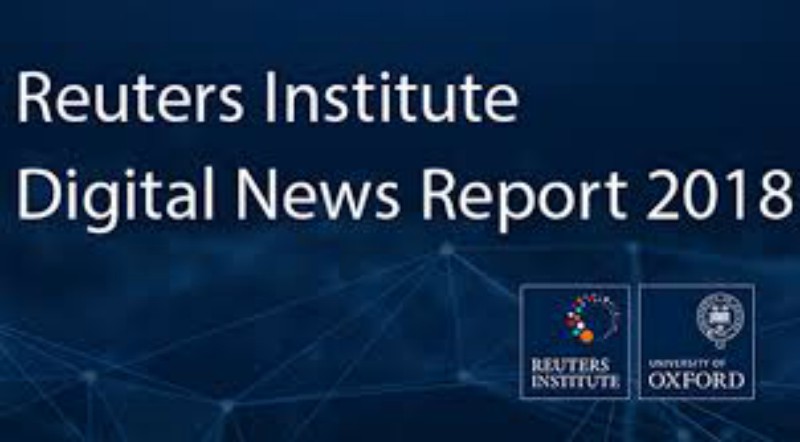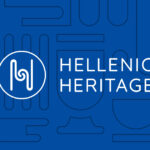The Reuters Institute for the Study of Journalism is a globally focused research centre at the University of Oxford. It tracks the world’s media, its trends, developments and forecasts. It connects relevant and engaging academic research with journalistic practice, linking rigorous analysis with practical experience. Established in 2006, it is based at the Department of Politics and International Relations at the University of Oxford. The Institute publishes an annual Digital News Report. This year’s report reveals new insights about digital news consumption based on a YouGov survey of over 74,000 online news consumers in 37 countries. The report focuses on the issues of trust and misinformation, new online business models, the impact of changing Facebook algorithms and the rise of new platforms and messaging apps. It is important to take into account that the analysis underlines how strongly trust can be influenced by pre-existing views about politics.
One of the 24 European countries included in the study is Greece. As Antonis Kalogeropoulos – the research fellow who conducted the study for Greece- very acurately summarizes, the media market in Greece is characterized by a TV market in turmoil, a weak print sector and some of the highest use of social media and digital born outlets in the whole study. Trust in the news is extremely low.
As far as Greece is concerned, some of the main conclusions to take in are the following:
- 7/10 Greeks have access to the internet;
- The circulation of Sunday newspapers has diminished by 75% compared to ten years ago;
- General news trust is the second lowest of the whole sample (Finland (62%) Portugal (62%) are holding the first positions while Greece (26%) and South Korea (25%) find themselves at the end of the list);
- Exposure to completely made-up news stories is quite widespread (44%);
- Although in most European countries most of the online brands belong to mainstream broadcasters and newspapers, in Greece, most of the online news brands are digital-born;
- In Greece, like in Hungary and Spain, trust in public broadcasting is compromised by perceived government interference in editorial decisions or appointments;
- Greece is the only European country of the sample where most internet users prefer social media rather than TV for their information;
- Greeks are not willing to pay for news. They also hold the first position in ad-blocker use. This behavior has got a significant impact on the business models of digital media brands;
- Although most of the posting and sharing of news happens through Facebook, Greek media consumers are following the international trend shifting towards private messaging apps (mostly Viber) since it diminishes the risk of toxic debating.
DIFFERENT TYPES OF TRUST
| News overall | 26% (36th/37) |
| News I use | 29% |
| News in search | 32% |
| News in social | 22% |
(LSyr)














